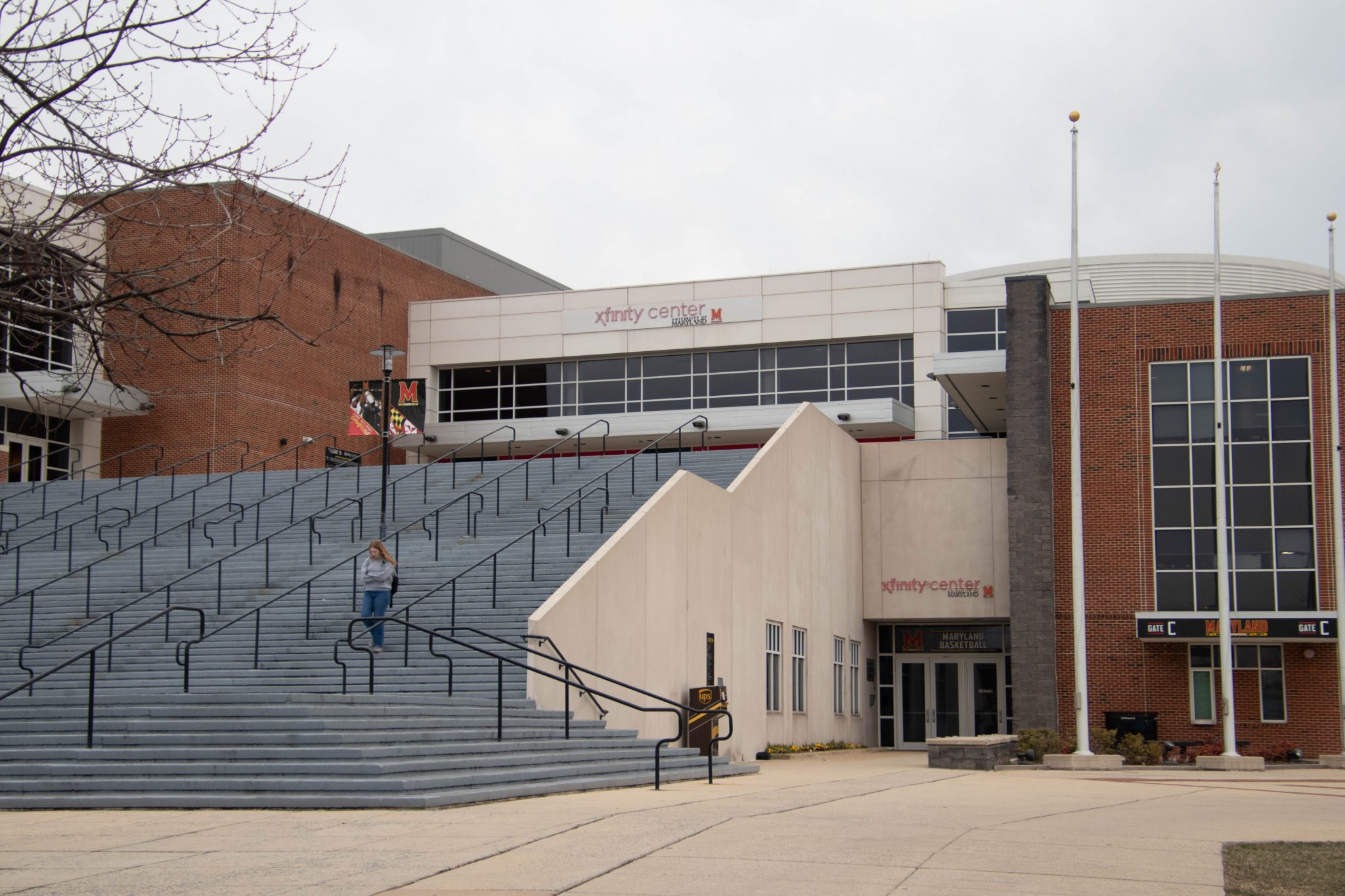A proposed Maryland General Assembly bill would restrict access to online gambling apps on college campuses across the state.
The bill, sponsored by Del. Pam Queen (D-Montgomery), would establish a digital boundary called a geofence around Maryland’s college and university campuses that restricts access to gambling platforms such as FanDuel or ESPN BET. The legislation will apply to private and publicly-funded universities, Queen said, and looks to help prevent online gambling addictions. Online sports betting is legal in Maryland for people 21-years-old and older.
“We have no smoking zones on our campuses,” Queen told The Diamondback. “It’s hard to enforce that, but here’s something we could easily enforce with technology.”
Queen, also an associate professor at Morgan State University, said an April 2023 NCAA survey on sports betting inspired her to pursue the legislation.
About 27 percent of the NCAA survey’s respondents ages 18 to 22 said they have placed a bet on a sports betting app or website. Respondents who live in states where betting is illegal reported betting at almost equal rates to those who live in states where it is legal.
[Maryland bill would guarantee admission to state universities for top students]
Geofencing technology is already used to block access to gambling apps in states where online betting is illegal and in federal buildings in Washington, D.C., Queen said during a hearing for the bill on Feb. 22.
Universities would not have to procure or establish the technology, Queen said during the hearing. They will only have to create a policy declaring their campus a no-gambling zone, Queen added.
If the bill passes, each higher education institution in the state would be required to establish the geofence encompassing the entire campus by Aug. 1, 2024.
Betting apps would be responsible for limiting gambling access in areas with a geofence, James Butler, the state lottery and gaming control agency’s chief of staff and assistant deputy director, said during the bill’s hearing.
Patty Perillo, this university’s student affairs vice president, said in an interview with The Diamondback that while some people can gamble recreationally, it can become a “full-blown addiction” for others.
The biggest predictor that determines a student’s success after college is whether they graduate with debt, Perillo said, and gambling can threaten students’ future success.
University of Maryland students who use sports betting apps had mixed reactions to potential restrictions on campus.
Sophomore government and politics major Finn Hopkins, who said he has dabbled in using sports betting apps, said the proposed restriction makes sense.
Hopkins said he had to stop betting on a sportsbook, a service that lets users place bets on individual games, last year after he “got into a bad habit of putting multiple big bets on stuff every day” and lost a couple hundred dollars.
[Maryland General Assembly discusses bill to legalize medical aid in dying]
“It’s definitely dangerous and gets a lot of people to lose money,” he said, adding that it’s easy for users to get drawn in by the deals and design of betting apps.
But others are more wary.
Sophomore finance major Jacob Fey said the proposed ban would drive people to use offshore betting services if they want to gamble, which would make the legislation “easy to circumvent”.
To help people with gambling addictions, he said advertisements for gambling apps should more clearly provide resources or ways to contact professionals and receive help.
Andrew Laub, a senior economics major who uses the sports betting app DraftKings, agreed that the focus should be on increasing awareness for gambling addiction rather than full bans on college campuses.
“I think that they’re missing the mark on this legislation,” Laub said. “They should be focusing resources into gambling addiction awareness if their goal is to stop young people from gambling so much.”



